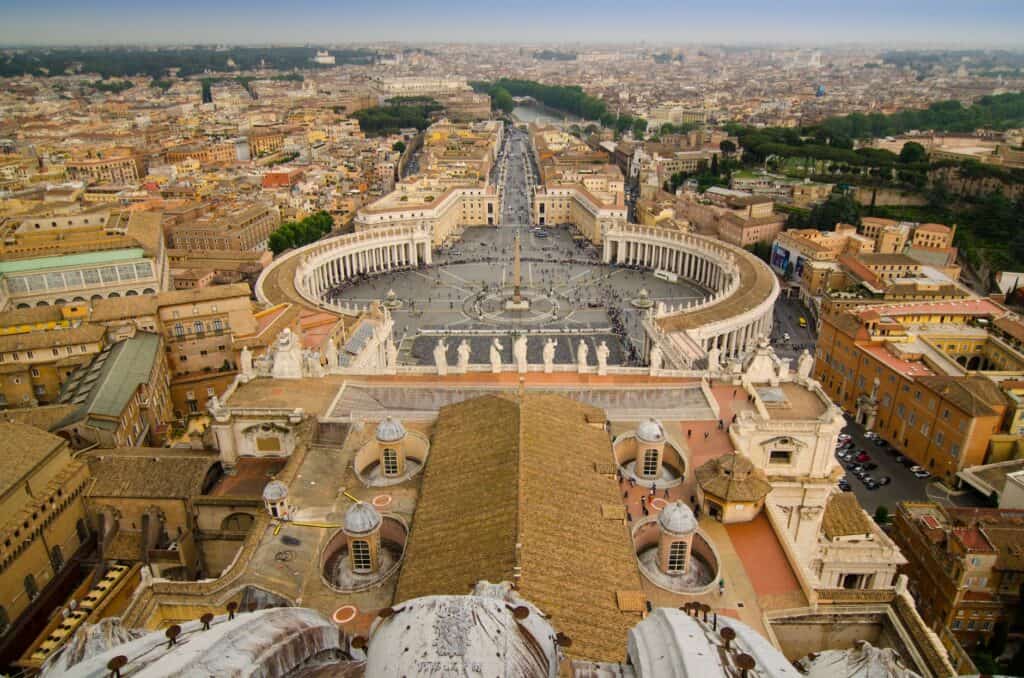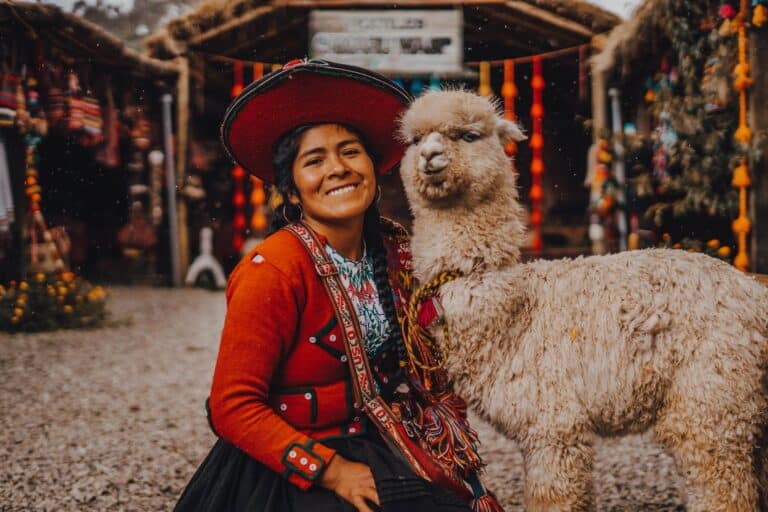Collective Consciousness Spirituality: The Breakthrough Theory of our Shared Awareness
Conscious Collective Spirituality: What is it?
In our fast-paced world, it’s easy to get caught up in the manic, destructive, overloaded world we live in today. It’s becoming increasingly harder to keep insight of our deeper connections to one another and the universe.
The current state of affairs worldwide is a classic example of how disconnected we are from collective consciousness spirituality. We are forgetting that our planet and ourselves are sacred beings. That we are all connected and that an eye for an eye solves nothing; it only creates more harm.
“Darkness cannot drive out darkness; only light can do that. Hate cannot drive out hate; only LOVE can do that.”
Martin Luther King Jr.
Collective Consciousness Spirituality offers a beacon of light in this modern chaos, emphasizing the shared essence that unites all living beings. It isn’t about a religion or believing in a god. its about recognising core truths of humanity.
This profound perspective invites us to explore the interconnectedness that underlies our existence and to tap into a wellspring of wisdom that transcends individual experiences.
In this blog post, we’ll delve into what Collective Consciousness Spirituality entails, why it holds significance in today’s world, and how it became a guiding principle for many seeking assistance navigating the stormy waters of our current world.
It also helps to provide more profound meaning and fulfilment in the lives of those who follow it and guide them through life’s challenges.
Table of Contents
What is Collective Consciousness?
Collective Consciousness spirituality is the idea that our individual awareness and experiences are intertwined with a broader, universal awareness that binds all living things.
It suggests that we are not isolated but integral parts of a larger, interconnected whole. Imagine each person as a drop of water in a vast ocean, each distinct yet undeniably connected to the more significant body of water.
This concept has roots in ancient wisdom traditions, where it was often expressed through ideas like the “universal soul” or “cosmic consciousness.”
The concept is that an energetic web all intrinsically links us. We may not be able to see it, but deep down inside, we are all connected. I am related to you, as well as the plants and animals outside.
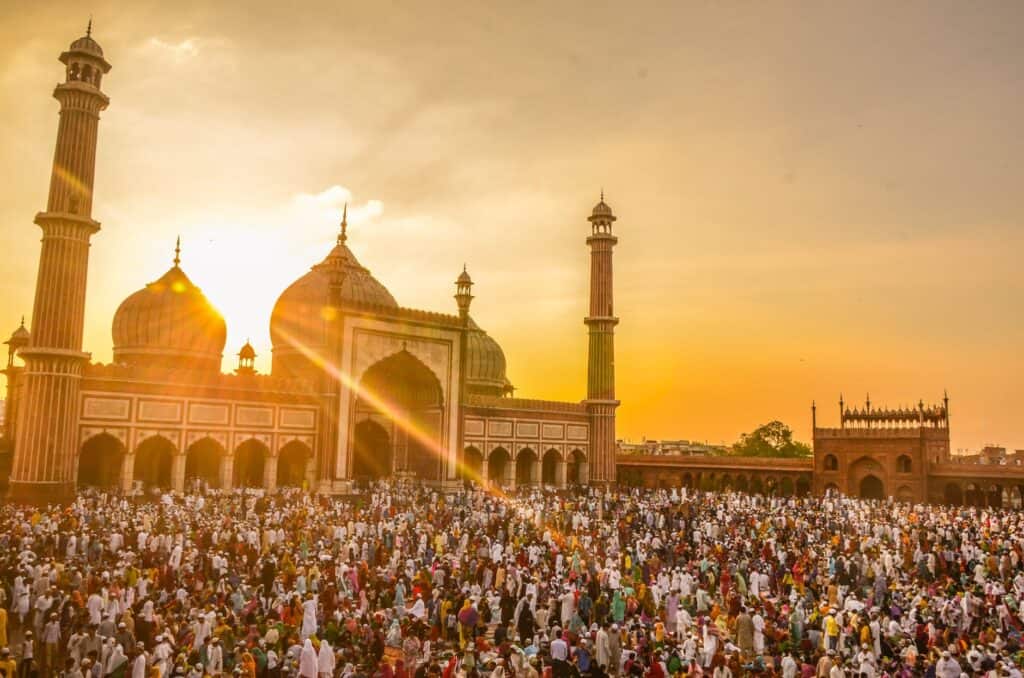
If we harm nature, we, too, hurt ourselves, and harming others harms the whole world. It is the idea that we are all connected on a much deeper level than first meets the eye.
Recently, it has gained renewed attention in various spiritual and philosophical circles, offering a perspective that transcends the boundaries of individual perspectives and invites us to embrace a sense of unity with all of existence.
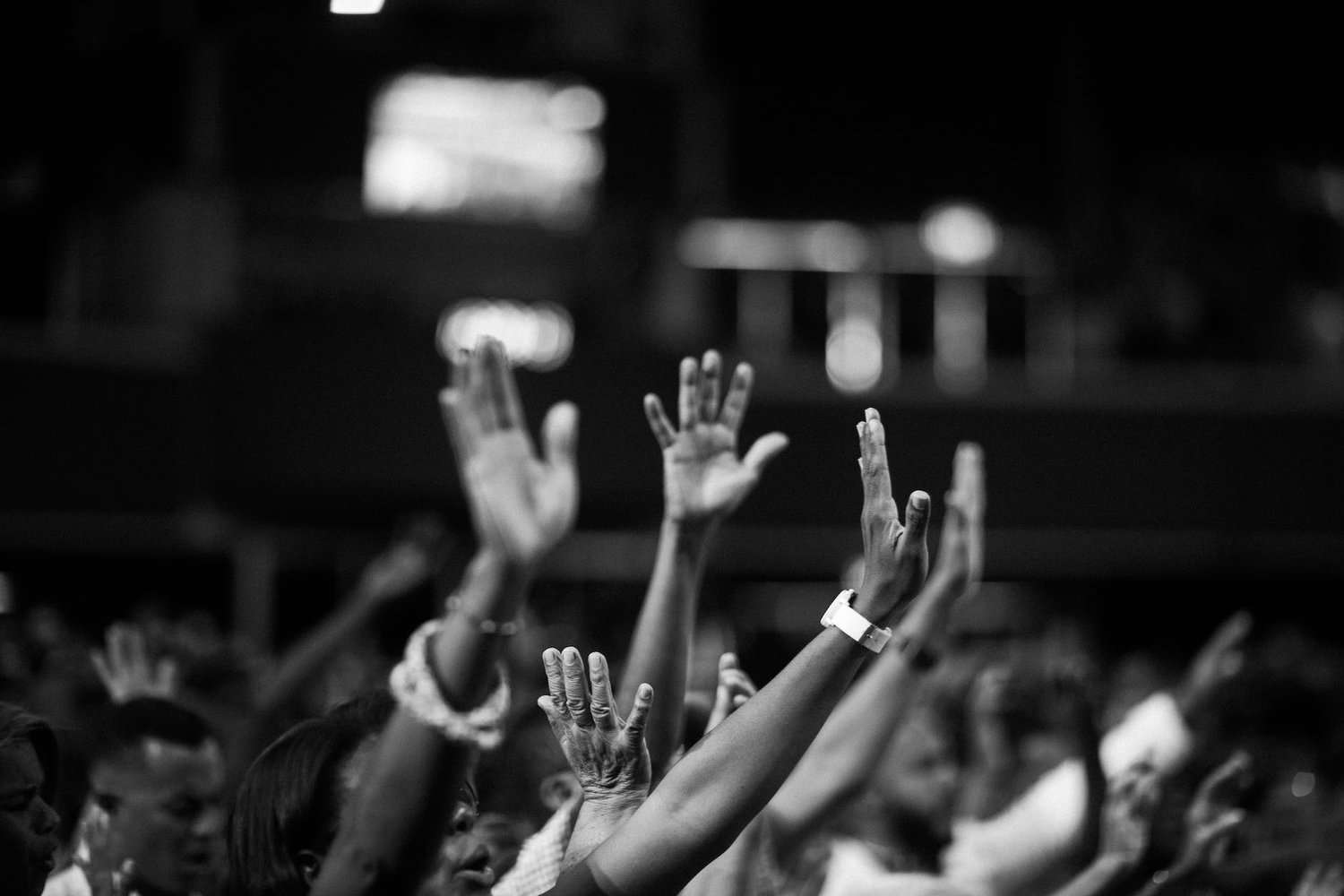
What are Some Examples of Collective Consciousness?
Cultural Movements and Trends:
The emergence of social movements like civil rights, environmental activism, and gender equality reflects a shift in collective Consciousness. These movements arise from a shared recognition of injustices or a common desire for positive change.
Shared Belief Systems and Values:
Religious and spiritual beliefs are prime examples of collective Consciousness. They provide a framework for understanding the world and our place in it, uniting communities through shared rituals, values, and narratives.
Cultural Traditions and Celebrations:
Festivals, holidays, and cultural ceremonies are expressions of collective Consciousness. They bring communities together to commemorate shared histories, values, and beliefs.
Trends in Art and Creativity:
Artistic movements, whether in visual arts, literature, or music, often reflect the collective thoughts, emotions, and ideas of a particular time and place. They can serve as a mirror to society’s aspirations, struggles, and evolving perspectives.
Language and Communication:
The evolution of language and its usage reflects collective Consciousness. Words and phrases gain meaning and significance based on shared cultural understandings and experiences.
Global Response to Crises:
Events like natural disasters, pandemics, or humanitarian crises can lead to a surge in collective Consciousness spirituality. People from diverse backgrounds may come together to offer support, resources, and empathy in the face of adversity.
Technological Advancements and Innovation:
The rapid development and adoption of technologies manifest collective Consciousness. Innovations often arise from a shared desire to improve quality of life, enhance communication, or address societal challenges.
Environmental Awareness and Sustainability:
Growing concern for the environment and sustainable practices reflects a shift in collective Consciousness spirituality, towards recognizing our interconnectedness with the natural world and the importance of preserving it for future generations.
These examples illustrate how collective Consciousness operates on various levels, from local communities to global societies. It underlines the idea that our thoughts, beliefs, and actions are all influenced and shaped by the shared experiences and values of the larger collective.
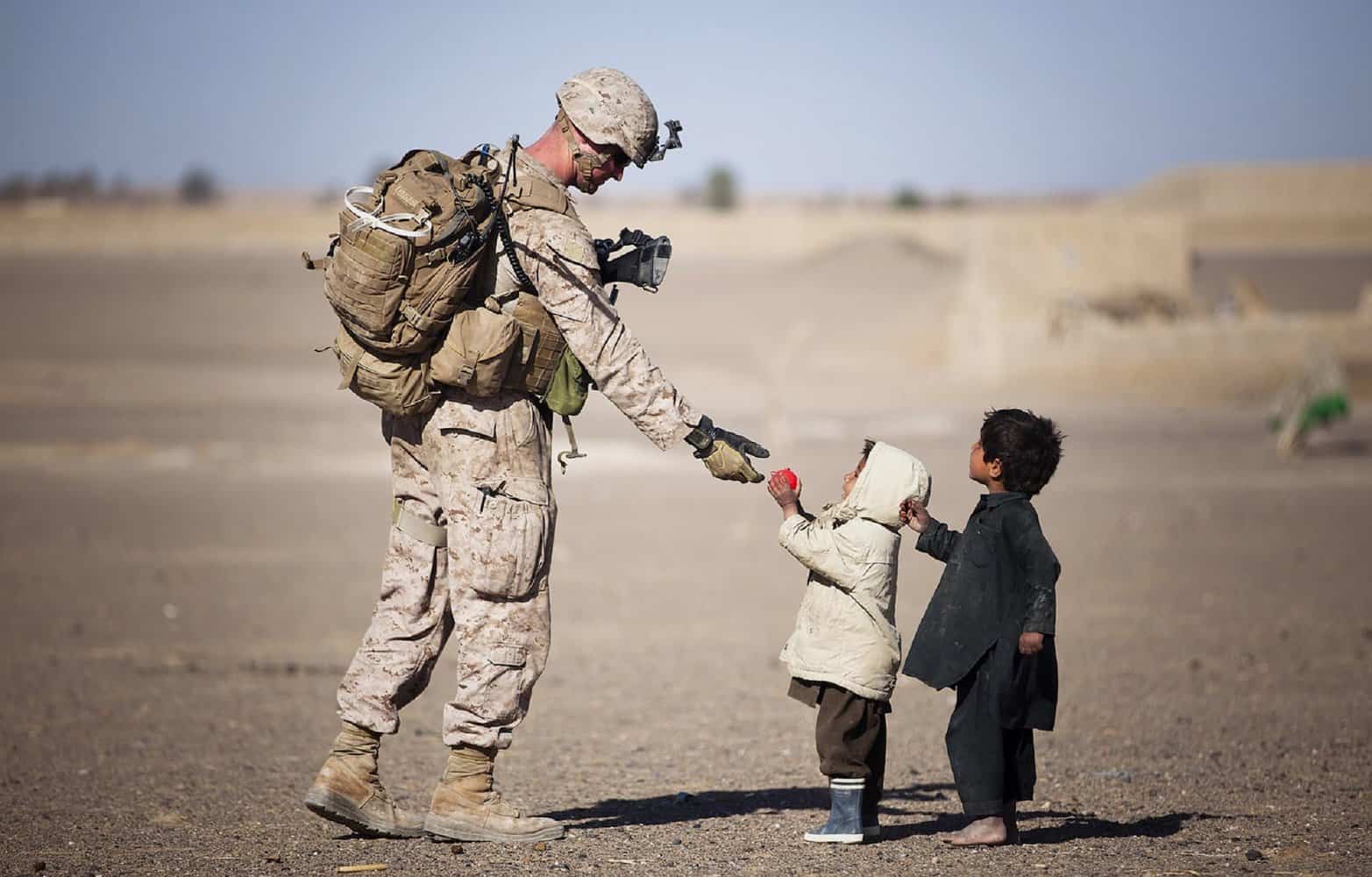
Who Proposed the Concept of Collective Consciousness?
The concept of collective Consciousness was introduced by the French sociologist Emile Durkheim in his seminal work “The Division of Labor in Society,” published in 1893, and later expanded upon in his book “Suicide: A Study in Sociology” in 1897.
Durkheim argued that society is not just a collection of individuals but a complex system with its own “social facts” that influence individuals’ behaviour and beliefs.
He posited that there exists a collective consciousness, a set of shared beliefs, values, and norms that bind members of a society together and provide a framework for social order and cohesion.
Durkheim’s ideas have had a significant impact on sociology and social theory, and his work continues to be influential in understanding the dynamics of human societies.
The Importance of Collective Consciousness Spirituality in Today’s World:
In our rapidly evolving global landscape, the concept of collective consciousness spirituality holds more significance than ever before. The recognition that we are all intricately connected is a powerful reminder of the shared responsibility we have for the well-being of each other and the planet we call home.
This interconnectedness extends beyond geographical, cultural, or ideological boundaries, touching the very essence of our existence. Here’s why embracing collective consciousness spirituality is crucial in addressing some of the most pressing challenges of our time:
Interconnectedness and Environmental Stewardship:
Understanding our deep connection to nature and recognizing that our actions impact the delicate balance of the environment is vital. When we harm the natural world, we ultimately harm ourselves.
Collective consciousness prompts us to adopt sustainable practices and prioritize the preservation of our planet, leading to a more harmonious coexistence with nature.
Ending Conflict and Fostering Peace:
The realization that we are all part of a shared human family transcends borders and nationalities. Collective consciousness spirituality advocates for empathy, compassion, and understanding among diverse groups.
By acknowledging our shared humanity, we can bridge divides, resolve conflicts through dialogue, and work towards lasting peace, ultimately ending the cycle of violence and war.
Alleviating Poverty and Inequality:
Collective consciousness reminds us that every person’s well-being is intimately linked to the well-being of the collective whole. It calls for a commitment to social justice, economic equality, and eradicating poverty.
When we recognize that the prosperity of one benefits all, we are motivated to create systems and policies that uplift marginalized communities and ensure equitable opportunities for all.
Nurturing Global Cooperation and Solidarity:
Embracing the idea of a shared collective consciousness encourages collaboration on a global scale. It prompts us to set aside divisive interests for collective goals and solutions.
When institutions, governments, and individuals prioritize the common good, we can collectively address complex global challenges like climate change, pandemics, and humanitarian crises more effectively.
Cultivating Empathy and Compassion:
Collective consciousness fosters a deep sense of empathy and compassion for others, regardless of differences in background, beliefs, or circumstances. It prompts us to extend a helping hand to those in need, fostering a culture of kindness, generosity, and support.
In conclusion, collective consciousness spirituality offers a transformative vision for our world. By recognizing our interconnectedness, we can heal the wounds of our planet, end conflicts, eradicate poverty, and build a more equitable and sustainable future for all.
It calls for a shift in mindset, urging individuals and institutions to prioritize the greater good above individual interests. Through this collective awakening, we have the potential to create a world that thrives on harmony, compassion, and shared prosperity.
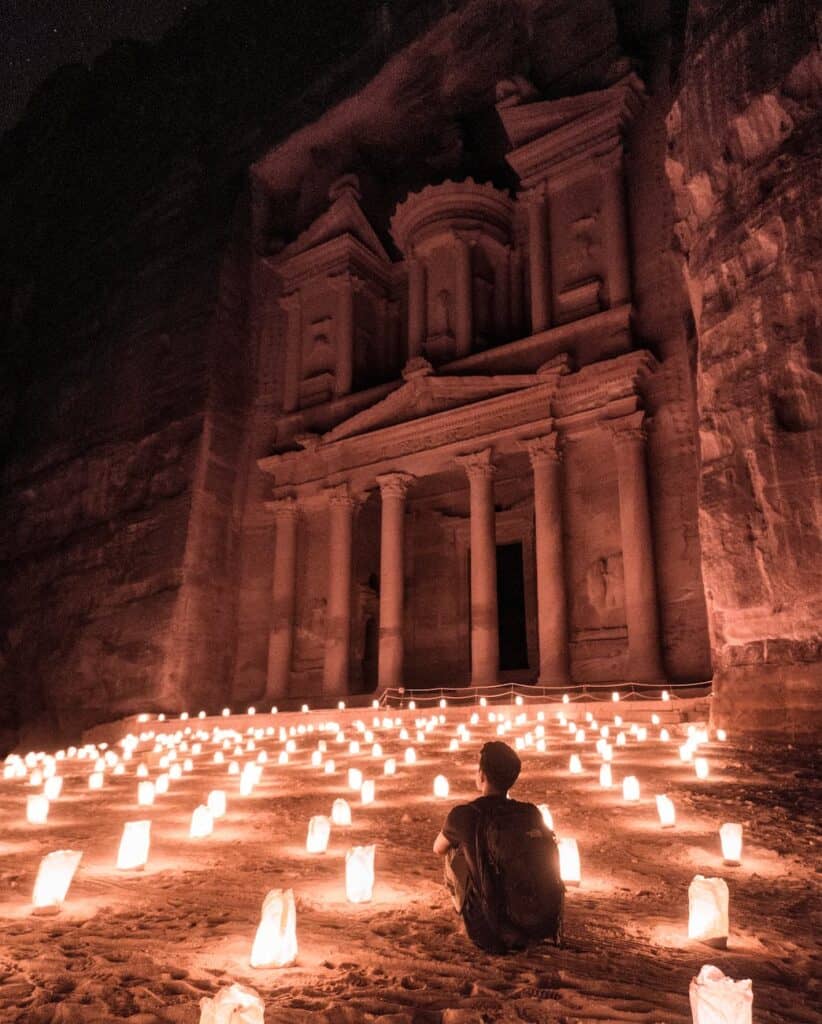
Ancient Philosophies and Collective Consciousness Spirituality: Exploring the Threads of Wisdom
Eastern Philosophies:
Buddhism and Hinduism:
In ancient India, Buddhism and Hinduism emphasized the interconnectedness of all beings. Concepts like karma, dharma, and the cycle of rebirth underscored the idea that individual actions and experiences were intertwined with a larger cosmic order. These philosophies advocated for a deep understanding of one’s inner self and its relationship to the greater universe, promoting a sense of unity and compassion among all living things.
Confucianism and Taoism:
Ancient Chinese philosophies such as Confucianism and Taoism also touched on collective Consciousness. Confucianism emphasized the importance of social harmony, stressing that individuals should fulfil their societal roles for the greater good. Taoism, on the other hand, highlighted the natural flow of existence and encouraged individuals to align themselves with the rhythms of the universe, recognizing their inherent connection to all of creation.
Greco-Roman Philosophy:
Stoicism:
Ancient Stoic philosophy, developed by thinkers like Zeno of Citium and Seneca, emphasized living in accordance with nature and the rational order of the universe. Stoicism taught that individuals were part of a larger cosmic web and that by understanding and aligning with this universal reason (or “logos”), one could find inner peace and virtue. This perspective encouraged a sense of duty towards the common good and a recognition of the interconnectedness of all things.
Indigenous Wisdom Traditions:
Native American and Aboriginal Cultures:
Indigenous cultures worldwide often hold deep understandings of the interconnectedness of all life forms. Their belief systems emphasized the sacredness of the natural world and the idea that humans were part of a more extensive web of existence. Practices like animism, where everything is considered to have a spirit or Consciousness, illustrate a profound respect for the collective Consciousness that encompasses both the human and non-human realms.
Greek Philosophy and the Polis:
In ancient Greece, philosophers like Plato and Aristotle explored the idea of the “polis” (city-state) as a microcosm of the greater cosmos. They believed that individuals found their highest fulfilment within a community and that the individual’s well-being was intimately linked to the well-being of the collective. This perspective emphasized the importance of civic duty and communal values.
African and Indigenous African Philosophies:
Various African philosophies, such as Ubuntu in Southern Africa, stressed the idea of communal identity and the interconnectedness of all individuals within a community. Ubuntu teaches that people are only fully realized through their relationships with others, reflecting a deep understanding of collective Consciousness.
Connecting the Threads:
These ancient philosophies, spanning diverse regions and cultures, share a common thread in recognizing the interdependence and interconnectedness of all beings.
Whether through concepts like karma, logos, or communal identity, they all acknowledge that individual well-being and fulfilment are intimately linked to the well-being of the larger collective.
This collective Consciousness spirituality was not merely an abstract concept but a lived reality integrated into everyday life, guiding individuals towards a deeper understanding of their place in the world and their responsibilities to the broader community. These ancient wisdom traditions inspire and inform contemporary discussions about our shared existence and interconnectedness in today’s world.
Religions and Collective Consciousness Spirituality: Bridging the Spiritual and the Shared
Christianity:
Within Christianity, the concept of the “Body of Christ” embodies the idea of a collective consciousness. It emphasizes that all believers are interconnected, forming a spiritual unity that transcends individual identities. The teachings of Jesus Christ about love, compassion, and serving others underscore the importance of recognizing and nurturing this shared spiritual connection.
Islam:
In Islam, the notion of the Ummah, or the global community of believers, reflects a sense of collective Consciousness. Muslims are encouraged to support and care for one another, regardless of geographical or cultural differences. The Hajj pilgrimage, where millions of Muslims gather in Mecca, exemplifies the unity and shared purpose that transcends individual identities.
Judaism:
Judaism places a strong emphasis on community and collective responsibility. The concept of Tikkun Olam, or “repairing the world,” highlights the idea that individuals have a duty to work together to create a more just and harmonious society. Jewish practices like communal prayer and the celebration of festivals foster a sense of shared identity and purpose.
Buddhism:
While Buddhism is often seen as a personal spiritual journey, it also emphasizes the interconnectedness of all beings. The concept of interdependence (Pratītyasamutpāda) teaches that all phenomena are connected and arise in dependence on one another. Additionally, the Bodhisattva ideal encourages individuals to work for the enlightenment and well-being of all sentient beings, reflecting a deep sense of collective responsibility.
Indigenous Religions:
Many indigenous religions worldwide hold beliefs that highlight the interdependence of humans, nature, and the spiritual realm. Rituals, ceremonies, and cosmologies often express a deep respect for the natural world and recognize humans as integral parts of a more extensive ecological and spiritual web.
Sikhism:
Sikhism emphasizes the idea of a shared human family and the oneness of all creation. The concept of Ik Onkar, meaning “One God,” underscores the unity that binds all of existence. Sikh teachings encourage selfless service (Seva) and a commitment to the well-being of all, reflecting a sense of collective Consciousness.
Connecting Faith and Collective Consciousness:
These religions, with their diverse beliefs and practices, all hold at their core a recognition of the interconnectedness of all beings.
Whether through the concept of a shared spiritual body, a global community, or a collective responsibility for the well-being of all, they provide frameworks for understanding our place in the world and our relationships with others.
By nurturing this sense of collective Consciousness spirituality, individuals within these faith traditions are guided towards compassion, empathy, and a more profound sense of unity with the broader human family.
Embracing Collective Consciousness: Illuminating the Path Forward
In this exploration of collective consciousness, we’ve uncovered a timeless truth that resonates across cultures, philosophies, and faiths: our interconnectedness. Today, as our world grapples with pressing challenges, this concept stands as a beacon of hope and possibility.
Understanding that our actions reverberate through the intricate web of existence empowers us to be stewards of our planet, champions of peace, and advocates for justice.
By weaving the threads of collective consciousness into the fabric of our lives and institutions, we embark on a journey towards a more harmonious and thriving world.
It calls us to not only recognize our shared humanity, but to actively nurture it, fostering a global community bound by empathy, compassion, and a commitment to the greater good.
As we tread this path, let us remember that in embracing our collective consciousness, we hold the power to shape a future where unity triumphs over division and where the well-being of one is intricately tied to the well-being of all.
RECENT POSTS on Sacred Footprints
- The Gunung Padang Megalithic Site: Uncovering New Depths of History
 The fascinating UNESCO World Heritage Gunung Padang Megalithic Site stands as an enigmatic relic of a bygone era, shrouded in mystery and controversy. Nestled amidst…
The fascinating UNESCO World Heritage Gunung Padang Megalithic Site stands as an enigmatic relic of a bygone era, shrouded in mystery and controversy. Nestled amidst… - Best Pilgrimage Routes in Europe: 31 Wonderful Journeys of Faith
 Want to embark on some Life-Changing Pilgrimage Routes in Europe? We have 31 show-stopping trials to inspire you today. Amid our hectic lives, a timeless…
Want to embark on some Life-Changing Pilgrimage Routes in Europe? We have 31 show-stopping trials to inspire you today. Amid our hectic lives, a timeless… - Best Spiritual Tours in Nepal: The Most Epic, Beautiful and Life-Changing Tours!
 Embarking on a spiritual tour in Nepal promises a profound and transformative journey. When I visited the Everest region for one month to hike and…
Embarking on a spiritual tour in Nepal promises a profound and transformative journey. When I visited the Everest region for one month to hike and… - The Best Sustainable Eco-Tourism Places to Stay in Mexico 2024 – Beautiful & Unique Stays
 Looking for the Best Eco-Tourism Places to Stay in Mexico? Well, we have got you covered. The quest for sustainable travel experiences has never been…
Looking for the Best Eco-Tourism Places to Stay in Mexico? Well, we have got you covered. The quest for sustainable travel experiences has never been… - How To Plan an Epic Budget-Friendly Trip to Southeast Asia
 Are you looking for tips on how to plan a budget-friendly trip to Southeast Asia? We’ve got you covered. Budget travel is all about balance….
Are you looking for tips on how to plan a budget-friendly trip to Southeast Asia? We’ve got you covered. Budget travel is all about balance…. - Sustainable Tourism Options in Mexico – An Implementation of Hope
 Are you wondering if there are sustainable tourism options in Mexico? Well, the answer is yes, absolutely! Mexico is forthcoming in sustainable and eco-tourism, with…
Are you wondering if there are sustainable tourism options in Mexico? Well, the answer is yes, absolutely! Mexico is forthcoming in sustainable and eco-tourism, with…



